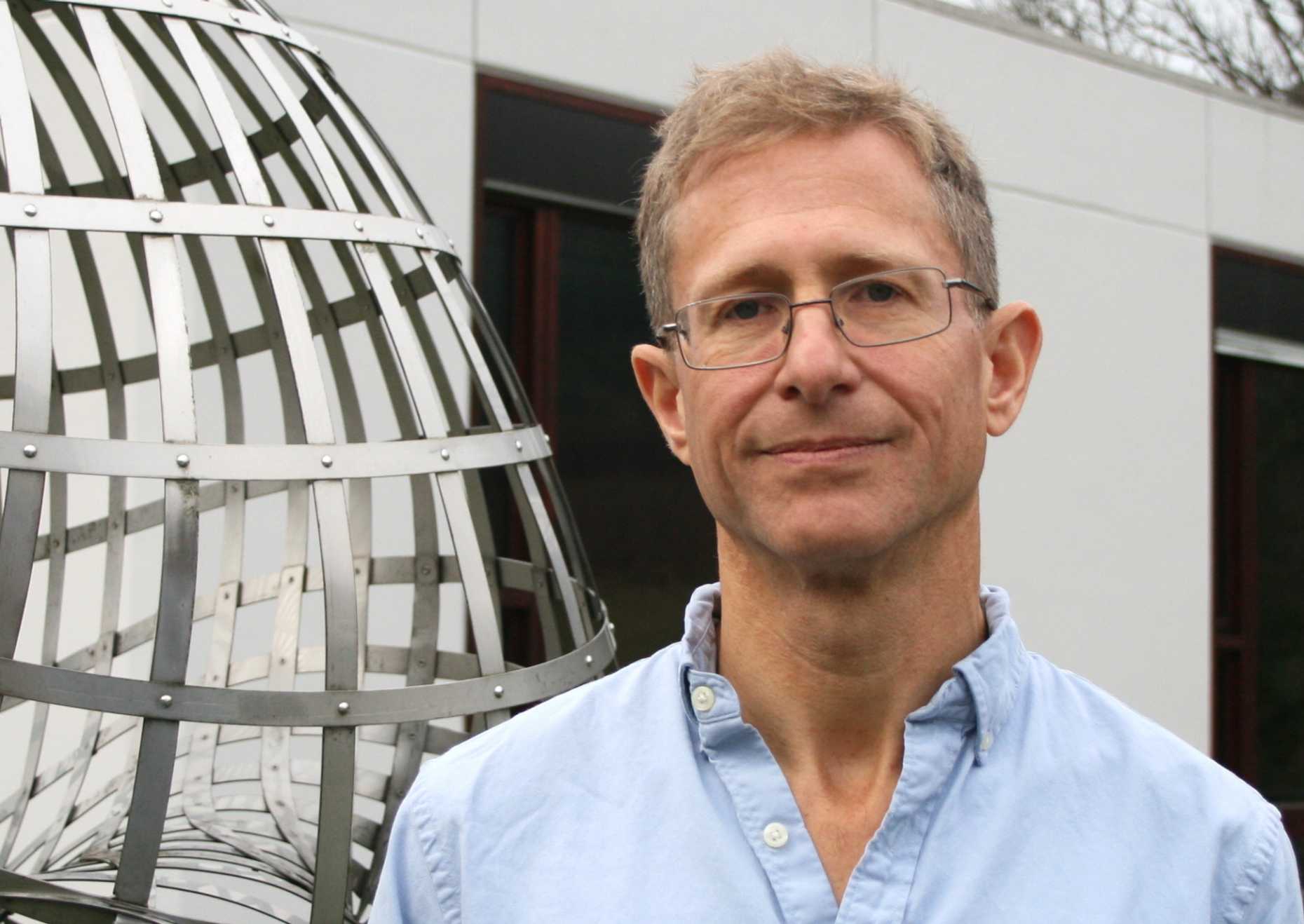Heinz Hopf Prize to a model theorist
On Monday, 28 October, Ehud Hrushovski will receive the 2019 Heinz Hopf Prize. With the award, ETH Zurich honours the contributions of the Oxford mathematician to model theory – both to developing the subject, and to applying it to diverse areas of mathematics.

The 2019 Heinz Hopf Prize goes to the Israeli mathematician Ehud Hrushovski. Born in 1959, he earned his PhD from the University of California at Berkeley in 1986, then held positions at Princeton University, MIT and the Hebrew University of Jerusalem, among others, before being appointed Merton Professor of Mathematical Logic at Oxford University. He has been a plenary speaker at the 1998 International Congress of Mathematicians in Berlin and received a number of awards for his seminal works, including in 1993 (together with Alex Wilkie) and 1998 the Karp Prize of the Association of Symbolic Logic, which is awarded only every five years. ETH Zurich now awards the 2019 Heinz Hopf Prize to Hrushovski for his outstanding contributions to model theory and their application to algebra and geometry.
Model theory is a relatively young subject. It has been developed systematically since the early 1950s, but has roots in older subjects, including logic, universal algebra and set theory. Put simply, model theory applies logic to study structures in pure mathematics. Mathematical structures define operations and relations on a set of objects. Within such a framework, statements can be made about a structure that can be either true or false – depending on the interpretation in a given context. This is not a flaw, but instead a consequence of the different mathematical languages that can be used to express ideas. Model theory provides tools to abstract the problem. This allows, on the one hand, obtaining new information about the mathematical structure studied and, on the other hand, developing general theorems from interesting property of a theory, which help in turn to understand mathematics itself on a very general level.
Surprising and beautiful contributions
In the course of his career, Hrushovski has made substantial contributions to both aspects, developing model theory as a subject and applying its tools to classical problems in various fields of mathematics, often in ways that are described as surprising and beautiful by those in the field. Among his most important contributions are the 1988 construction of a new strongly minimal set disproving a 1984 conjecture of Boris Zilber, and his work with Zilber on Zariski geometries and his proof of the Mordell-Lang conjecture for functions fields in 1996, his work with Zoé Chatzidakis on the model theory of difference fields and a new proof of the Manin-Mumford conjecture in 2001, his work with Ya'acov Peterzil and Anand Pillay on NIP ("not the independence property") structures, and his 2012 paper on approximate subgroups, which had a key role in subsequent work of Emmanuel Breuillard, Ben Green and Terence Tao.
Honouring the memory of Heinz Hopf
ETH Zurich awards the Heinz Hopf Prize every two years for outstanding scientific work in the field of pure mathematics. The prize honours the memory of Professor Heinz Hopf (1894–1971), who came to ETH Zurich in 1931 to succeed the mathematician, physicist and philosopher Hermann Weyl. Hopf remained at ETH until 1965, where he made important contributions to various fields of mathematics, reflected in numerous entities named after him, including Hopf invariants, Hopf algebras and Hopf links. But he left his mark as a teacher, too: "A student, by attending a course given by Hopf, got a good answer to the question 'What is mathematics?' The notions had to be clear, the intellectual tools of the highest caliber, the arguments compelling and impeccable." Thus spoke his former student Alfred Aeppli (1928–2008) recalling his experience of Hopf’s introductory course in linear algebra, which he attended in 1947–48.
Later in his life, Alfred Aeppli and his wife Dorothee made a generous donation in memory of his teacher, which became the basis to establishing the Heinz Hopf Prize. ETH Zurich awards the prize since 2009 on the occasion of the long-standing biennial Heinz Hopf Lectures, which are now given by the Hopf Prize laureate. In addition, the award carries a prize money of CHF 30,000.
With the 2019 Hopf Prize, exceptional contributions in the wider field of logic are honoured, whereas the latest previous awards were for work in the areas of geometric analysis (2017 with Richard Schoen) and algebraic geometry (2015 with Claire Voisin). Preceding the award ceremony on Monday, 28 October 2019, Ehud Hrushovski will give the first Heinz Hopf lecture 2019. The second lecture follows on Tuesday, 29 October, on which day also a symposium will be held (see box).
Heinz Hopf Prize 2019
Monday, 28 October 2019
1st Heinz Hopf Lecture
Ehud Hrushovski: Logic and geometry – the model theory of finite fields and difference fields
5.15 p.m. | HG G 60 (Semper Aula)
Award ceremony
6.15 p.m. | HG G 60 (Semper Aula)
Tuesday, 29 October 2019
Symposium
Maryanthe Malliaris: Simplicity and complexity in model theory
11.15–12.15 a.m. | HG E 3
Katrin Tent: Ample structures of finite Morley rank
2.15–3.15 p.m. | HG E 3
Lou van den Dries: Hardy fields and transseries
3.30–4.30 p.m. | HG E 3
2nd Heinz Hopf Lecture
Ehud Hrushovski: Logic and geometry – the model theory of finite fields and difference fields
5.15 p.m. | HG E 3